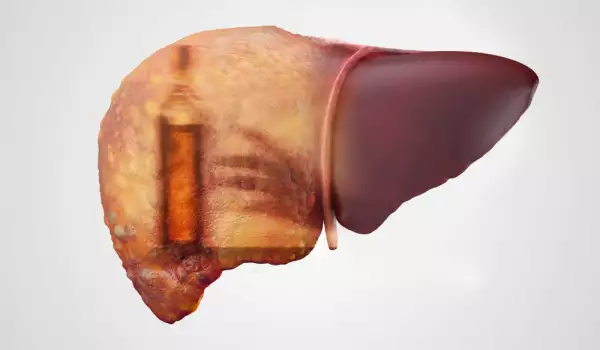The maximum safe use of alcohol is up to 14 doses per week, scientists say. These are, for example, 6 medium-sized glasses of wine. But even then, alcohol is toxic.
What happens to our body after a glass of alcohol?
The ingredient in it that causes the most problems is ethanol. It is responsible for making you feel tired and not rested even after an evening with a glass of alcohol. Once in your body, ethanol reaches the liver, which begins to break it down.
It first converts it to acetaldehyde, then to acetate. Both are poisonous ingredients that the body will try to get rid of - in the best case through the digestive system and at worst - through vomiting.
The number of visits to the toilet increase
Alcohol is a diuretic, it suppresses the hormone that causes the kidneys to retain water. As a result, they begin to release more water and this makes you feel the need to visit the toilet more often.
Changes in the brain
Once in your body, alcohol begins to affect the excitatory and retention neurotransmitters in the brain. The effects of alcohol generally lead to not thinking soberly and therefore doing things that you would not do normally. Under the negative effect are the centers in the brain that are responsible for body movement, breathing and consciousness.
Not feeling rested after sleep
Alcohol puts us in a state of stress. The body detects it as a toxin and uses all its resources to deal with it. Each dose of alcohol takes the body at least an hour and only then the body can rest. What we're trying to say is that after two large glasses of wine late at night, you should have more hours of sleep to wake up rested and in shape.
Many things play a role in the alcohol processing speed in our body. Among them are age, weight, even race.

The good news is that the liver is a regenerative organ and small amounts of alcohol will not bother it much. A glass consumed a few hours before bedtime is not dangerous.




















Comments